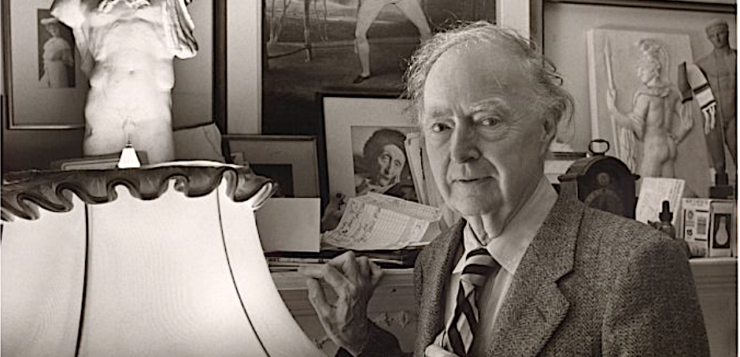IT SEEMS to be the fate of any article discussing James Purdy to lament the lack of popular appreciation of his many novels, despite the fact that he was championed by such literary lights as Edith Sitwell, Tennessee Williams, and Gore Vidal. The latter commented on this in the obituary he wrote for The New York Times after Purdy’s passing in 2009. It almost goes without saying that the first ever biography of Purdy’s life, written by Michael Snyder, opens with a similar lament. And so too does this review of Snyder’s biography.
The narrative of Purdy as an unrecognized genius has become something of a myth in and of itself. Over the past decades, Purdy has found a niche for himself in a small but dedicated readership. His stories and poems have been treated to bibliographic editions by private presses, his novels are widely translated into other European languages, and literary scholars continue to write about his work. Still, the dominant narrative remains that Purdy never received a wide readership because he was too controversial, too ahead of his time. It is this narrative that Snyder investigates in his biography: was Purdy’s work indeed too controversial to receive mainstream popularity, or were there other factors that contributed to his slow disappearance from the literary mainstream?
Looi van Kessel, who wrote his doctoral thesis on Purdy, is an assistant professor of Literary Studies at Leiden University in the Netherlands.








